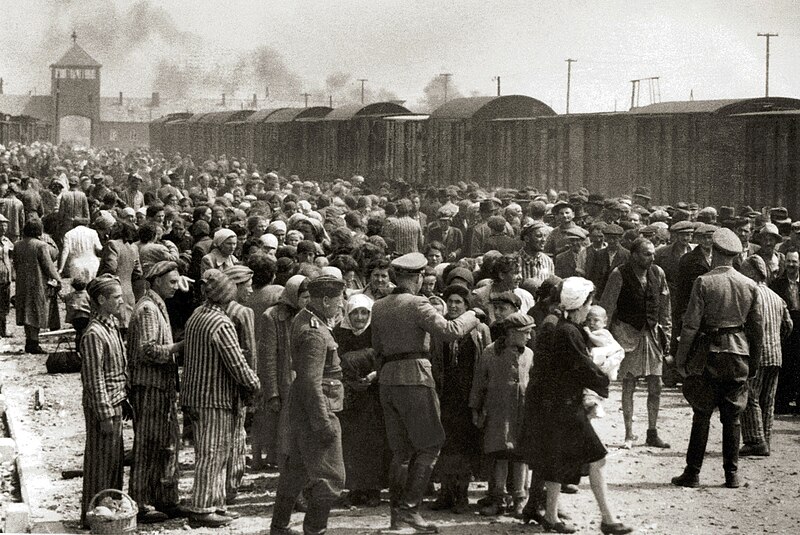
As the 85th anniversary of Kitchener Camp approaches this weekend, the spotlight is on the extraordinary wartime rescue mission that unfolded, offering salvation to Europe's Jews.
In November 1938, known as Kristallnacht, or Night of Breaking Glass, the world witnessed Nazi atrocities against Jews in Germany and Austria. Out of this dark period emerged an unexpected initiative – the Kitchener Camp in Sandwich, Kent, operated by the Jewish Lads’ Brigade (JLGB).
This weekend marks 85 years since Kitchener opened its doors on the grounds of a former World War I army barracks. Amid negotiations between Britain’s Central British Fund (CBF) and German and British authorities, the camp aimed to rescue displaced Jewish men. It was a race against time, with the Home Office finally approving Kitchener's establishment under the condition that CBF assumed financial responsibility, and the camp did not become a permanent residence.
Kitchener became a sanctuary for displaced German Jews, arriving in Britain without families and often with limited English proficiency. By the end of 1938, skilled Jewish workers were granted entry visas to renovate the camp, making it habitable.
Operated by brothers Jonas and Phineas May, both former leaders of the Jewish Lads’ Brigade, Kitchener opened in January 1939 and ran until May 1940. Though the exact number of refugees is debated, estimates range from 4,000 to 15,000 individuals who found safety within its walls. The refugees, continuously arriving and departing, faced an uncertain future as the outbreak of war in September 1939 altered their planned trajectories.
The May brothers and Ernest Joseph, another JLGB leader, played crucial roles in the camp's operation, turning it into a haven for displaced German Jews. With a hospital, post office, orchestra, football team, and even a cinema donated by Odeon cinema tycoon Oscar Deutsch, Kitchener became a community.
In 2022, the British government posthumously honored the May brothers and Ernest Joseph as British Heroes of the Holocaust. Today's JLGB Chief Executive, Neil Martin, notes the parallel occurrence of Kindertransport rescues, with some Kinder briefly staying in Sandwich before moving on to foster families.
One survivor, Danny Herman, who was a child at Kitchener, received the British Empire Medal in 2023 for his contributions to Holocaust education. His father, Siegie, played a pivotal role in securing a place in Kitchener for his family, narrowly escaping Nazi capture.
As World War II progressed, the camp faced challenges, and public opinion soured after Nazi invasions in May 1940. Government fears led to the internment of male refugees not involved in the military or emigrated, resulting in the camp's disbandment after just 16 months.
While no physical remnants remain of Kitchener Camp today, its legacy persists as a testament to extraordinary humanity and resilience during one of history's darkest periods. The 85th anniversary commemorates this remarkable endeavor that saved thousands of lives. Photo by Auschwitz Album, Yad Vashem, Wikimedia commons.








































